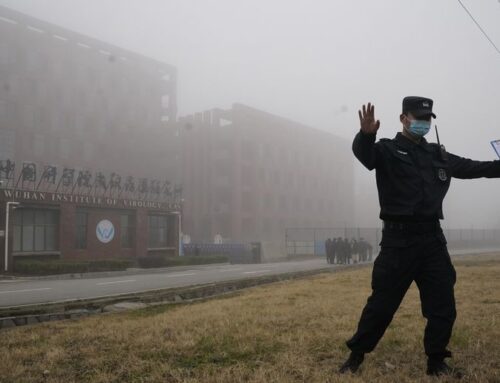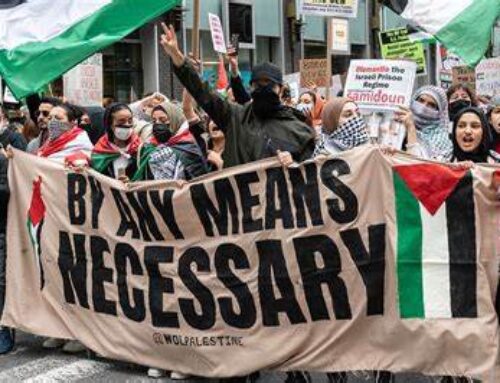“Where Art Thou?” ” Where Is … Thy Brother?”
by Pastor Cornelius R. Stam
One of the first questions of the Bible came from God Himself as He called to fallen Adam, hiding in fear from His presence: “Where art thou?” (Genesis 3:9).
Adam and Eve made a great mistake in running and hiding from God, for their plight was hopeless without Him. But none of Adam’s children have done any better than he. In Psalm 14:2,3 we find the Lord scouring the earth, as it were, “to see if there were any that did understand [their need] and seek God,” but the answer was, “No, not one.” How grateful we may be that in grace He sought us, that the Lord Jesus Christ came “to seek and to save that which was lost” (Luke 19:10) and that “we have redemption through His blood, the forgiveness of sins according to the riches of His grace” (Ephesians 1:7).
But another question follows naturally. This question too came from God Himself, as He asked the murderer, Cain: “Where is Abel thy brother?” (Genesis 4:9). Cain countered with another question: “Am I my brother’s keeper?” but he soon learned that he was his brother’s keeper as God drove him out of His presence, not only as punishment to him, but to teach us all that we are indeed responsible for those about us.
The unsaved, who have never responded to God’s call: “Where art thou?” should remember that God also asks them, as He did unregenerate Cain: “Where is… thy brother?” By rejecting Christ as Savior men are also keeping others out of heaven — others whom they might have been used to by example be the light of the world, the salt of the earth, to exhort the Good News of Jesus Christ the Lord, had they themselves been saved.
You say: “God will save those whom He has in the Book of Life.” That is only one side of the coin. Our Lord said to two cities of His day, that if the “mighty works” done in them had been done in Tyre and Sidon “they would have repented long ago” (Matthew 11:21), and God says that He is “not willing that any should perish” (II Pet. 3:9) and has “committed” to His people the “word” and “ministry” of reconciliation (II Corinthians5:18,19).







Leave a Reply, please --- thank you.